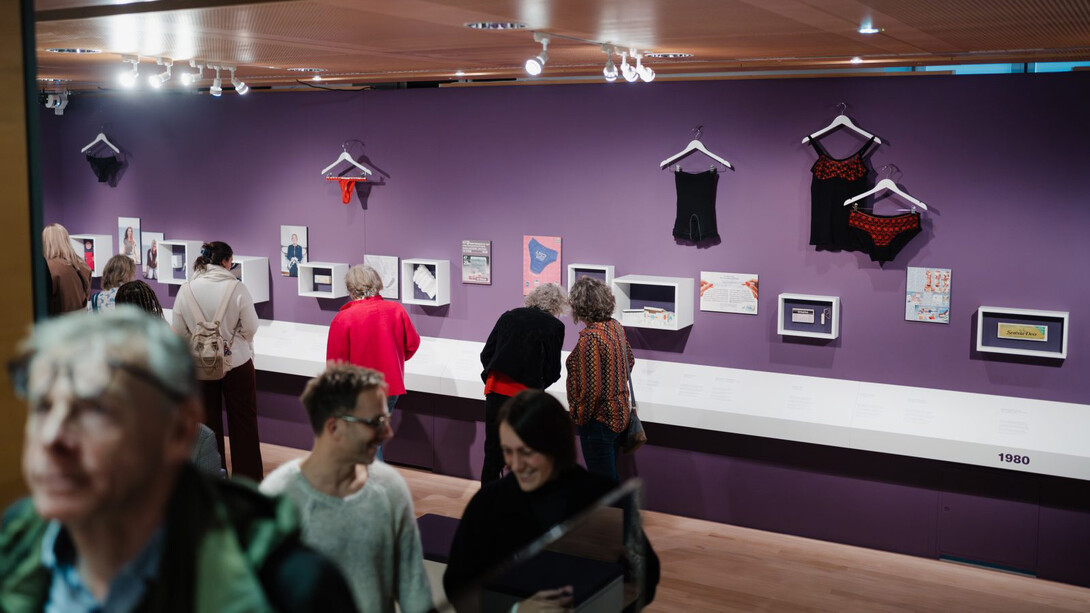Despite the fact that around half of the world's population has, will have, or has had a menstrual cycle, menstruation continues to be treated as a taboo subject in many societies. Conversations about it are often silenced or stigmatized, and for centuries, cultural and religious beliefs have contributed to the perception of menstruation as something shameful or impure. This persistent discomfort has limited education and open discussion, reinforcing ignorance and prejudice around a natural biological process that affects billions of people worldwide.
In recent years, however, this silence has begun to be challenged. Around the world, manifestos and initiatives have emerged to combat menstrual insecurity and promote menstrual equity. Governments, activists, and organizations are increasingly recognizing menstruation as a matter of public health and human rights. The development of new menstrual products — from reusable cups to sustainable pads — reflects not only technological progress but also a growing awareness of environmental and social concerns. These changes show a collective effort to normalize conversations about menstruation and to ensure that everyone who menstruates has access to safe and affordable hygiene products.
Luxembourg, too, has joined this global movement. The country has seen a growing interest in addressing menstrual issues, illustrated by the 2021 petition advocating for menstrual leave and the introduction of free sanitary products in public restrooms. The exhibition explores these social transformations through a rich array of materials — from historical objects and contemporary artworks to interviews, films, and music. It retraces the evolution of menstrual products from the late 19th century to the present and amplifies the voices and experiences of menstruating people, inviting visitors to reflect on how societies have represented and understood menstruation across time.















